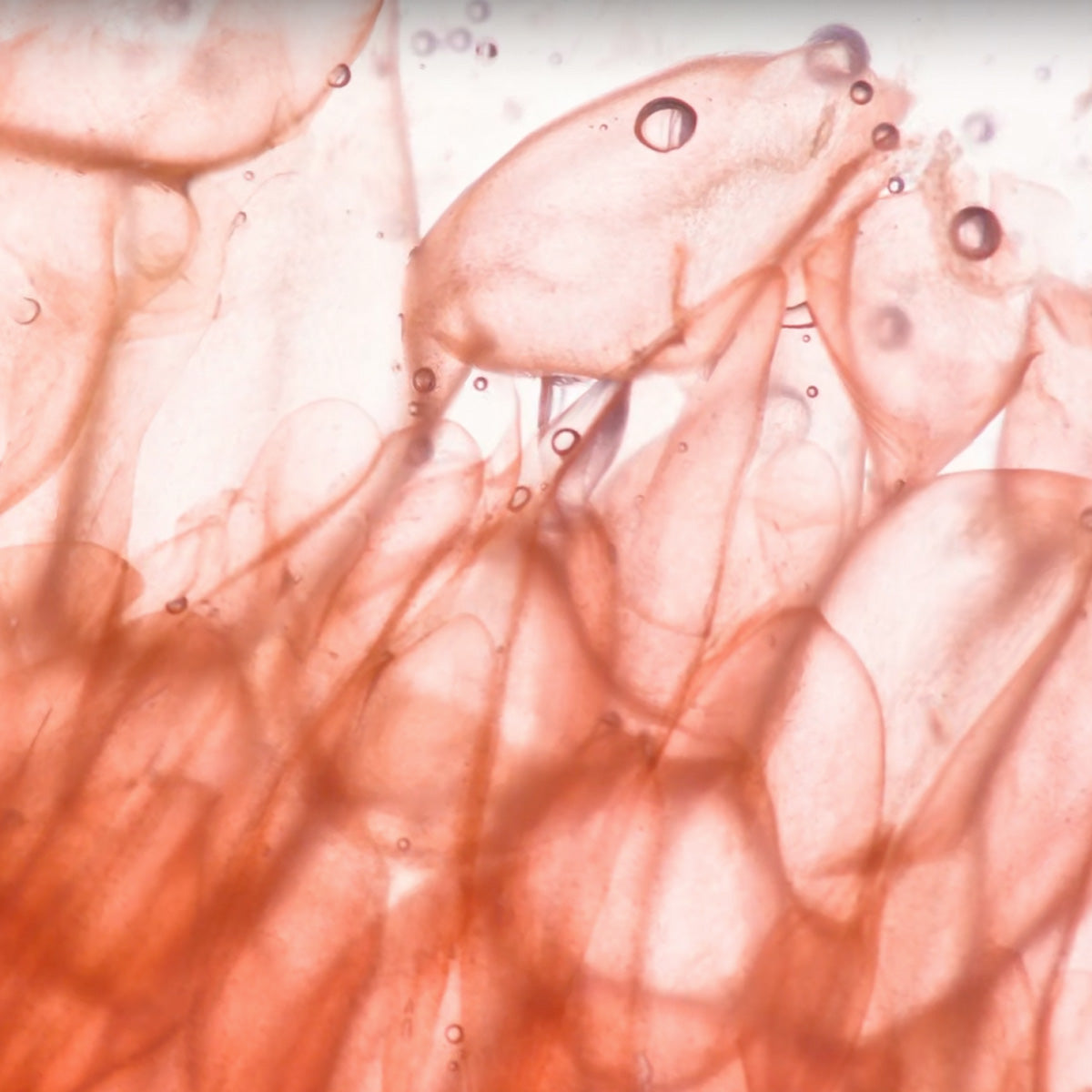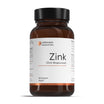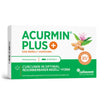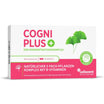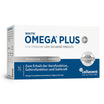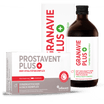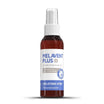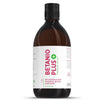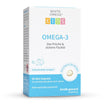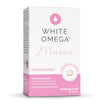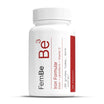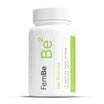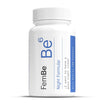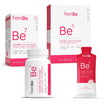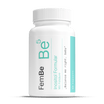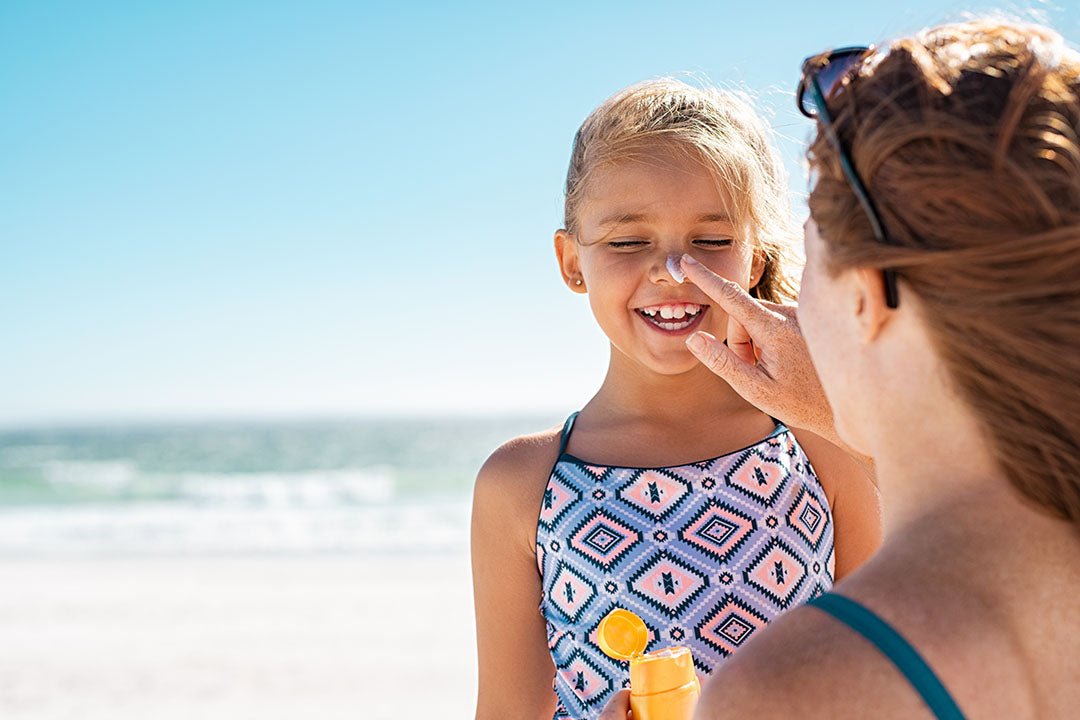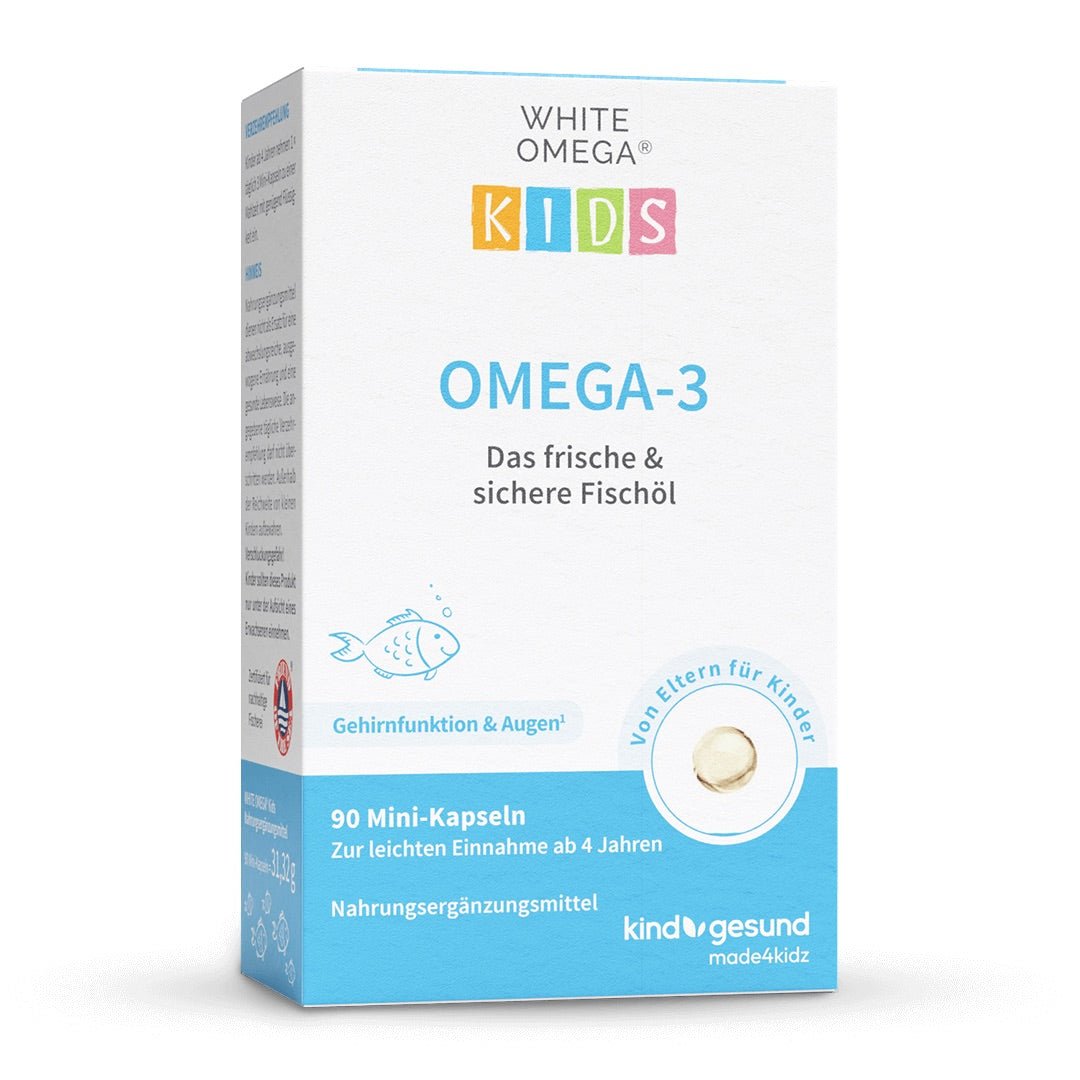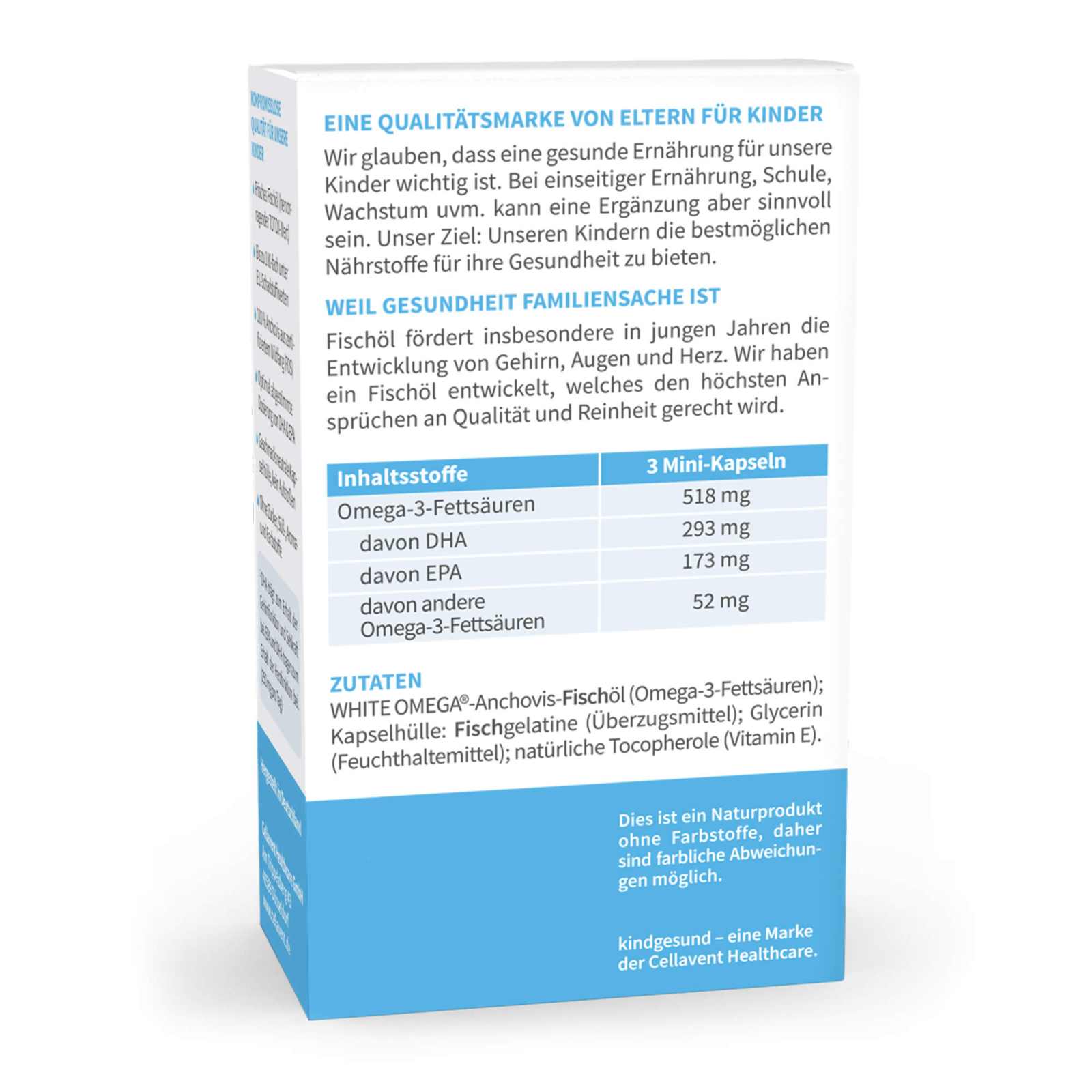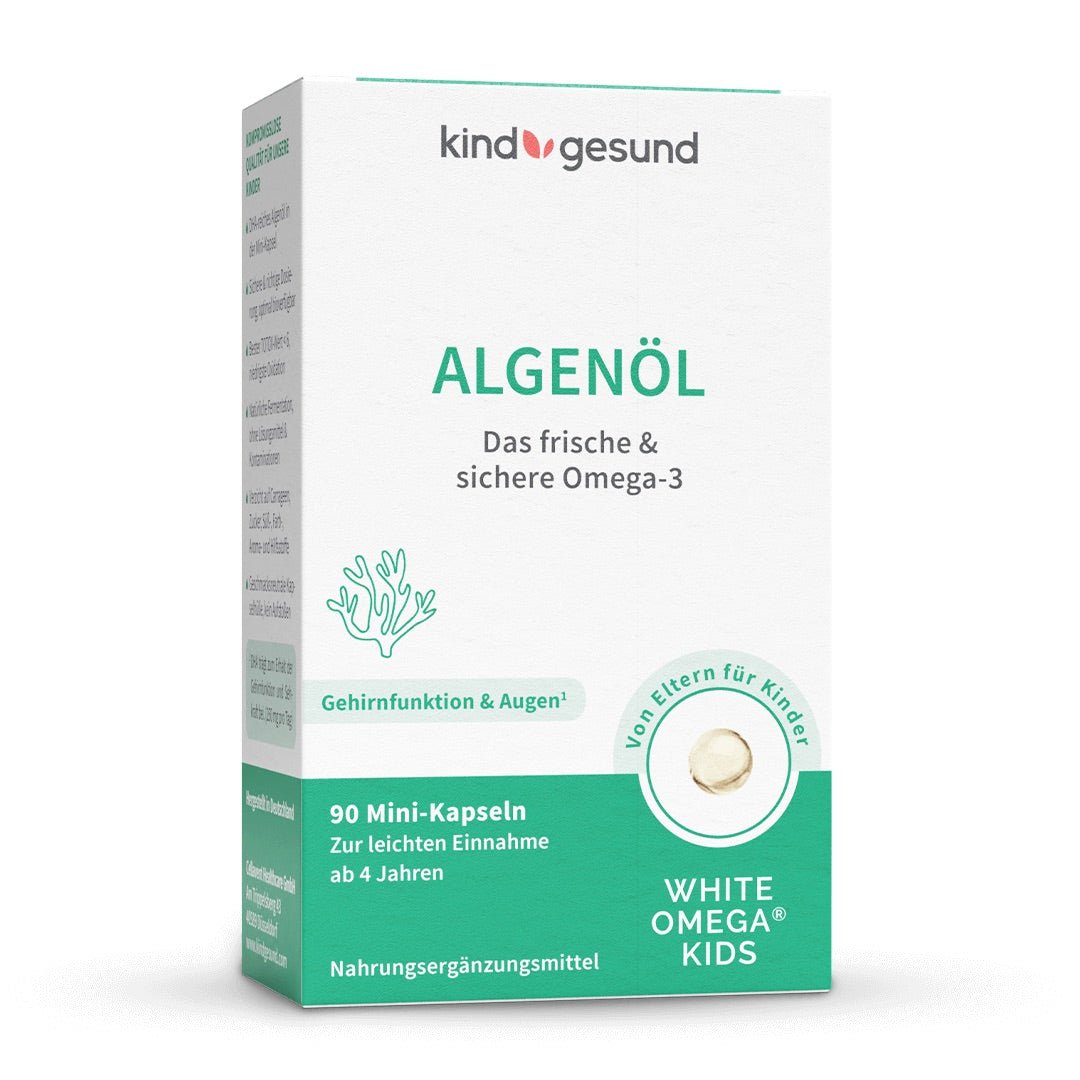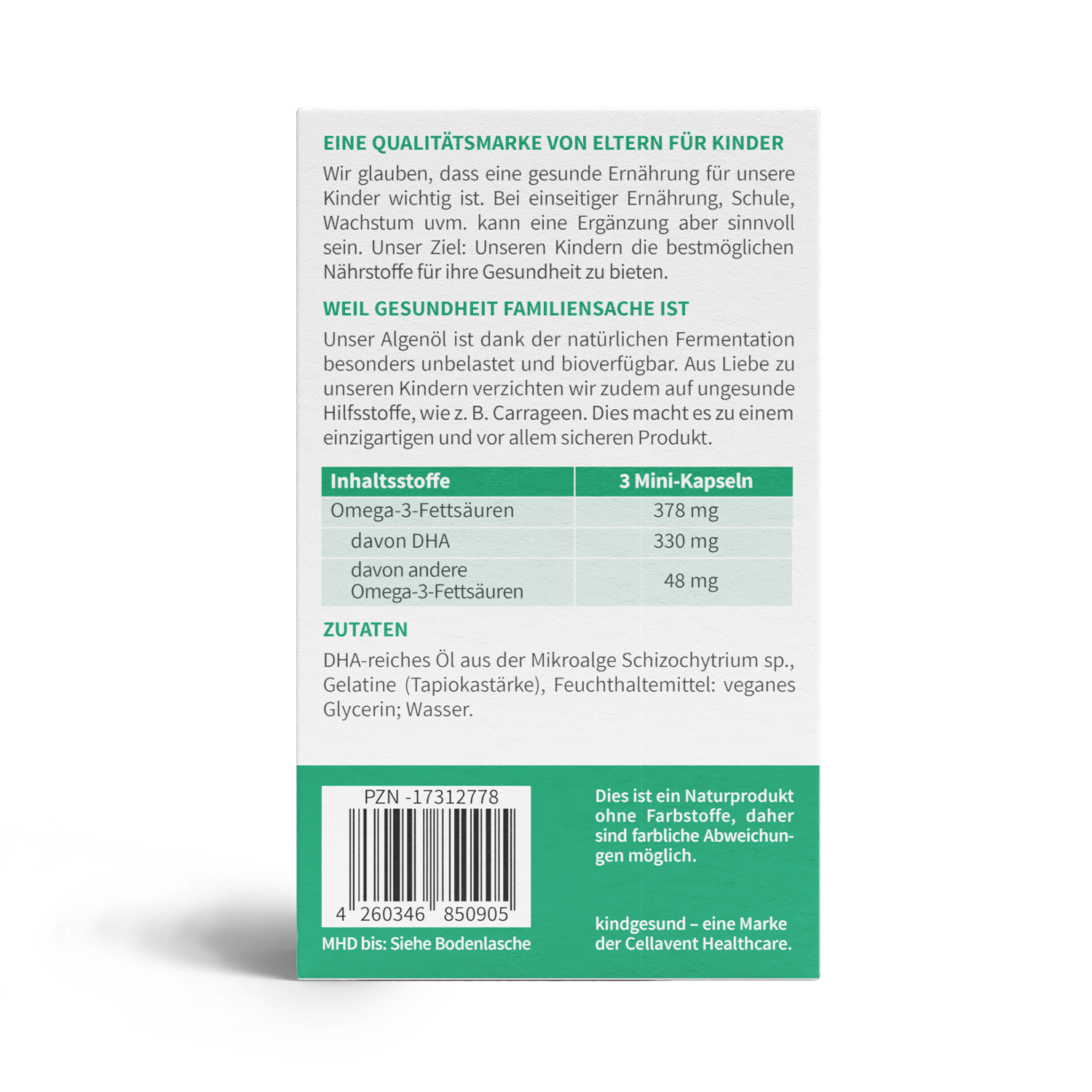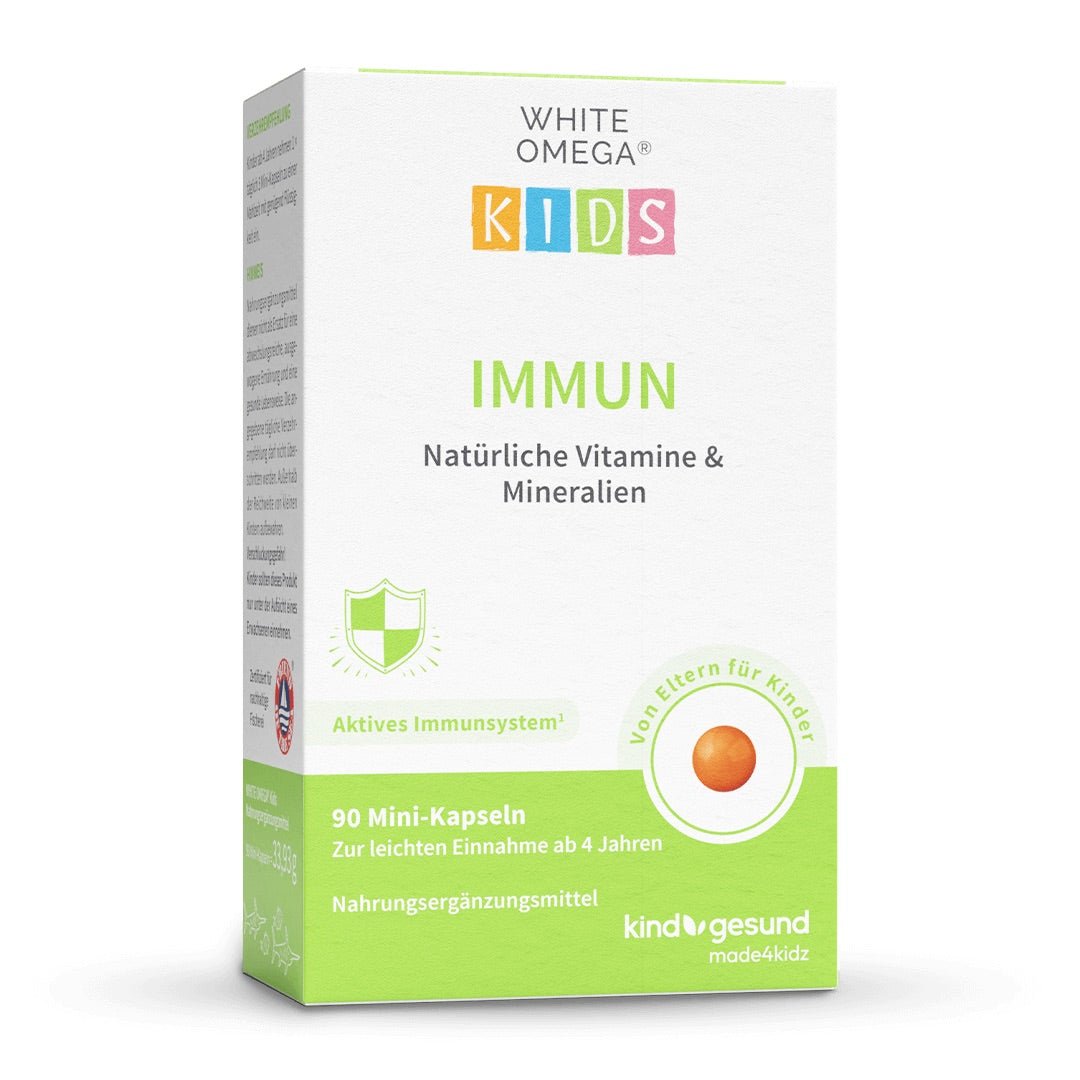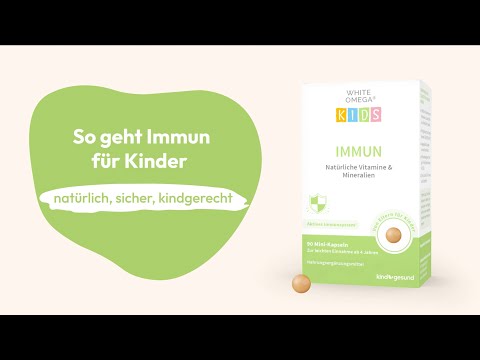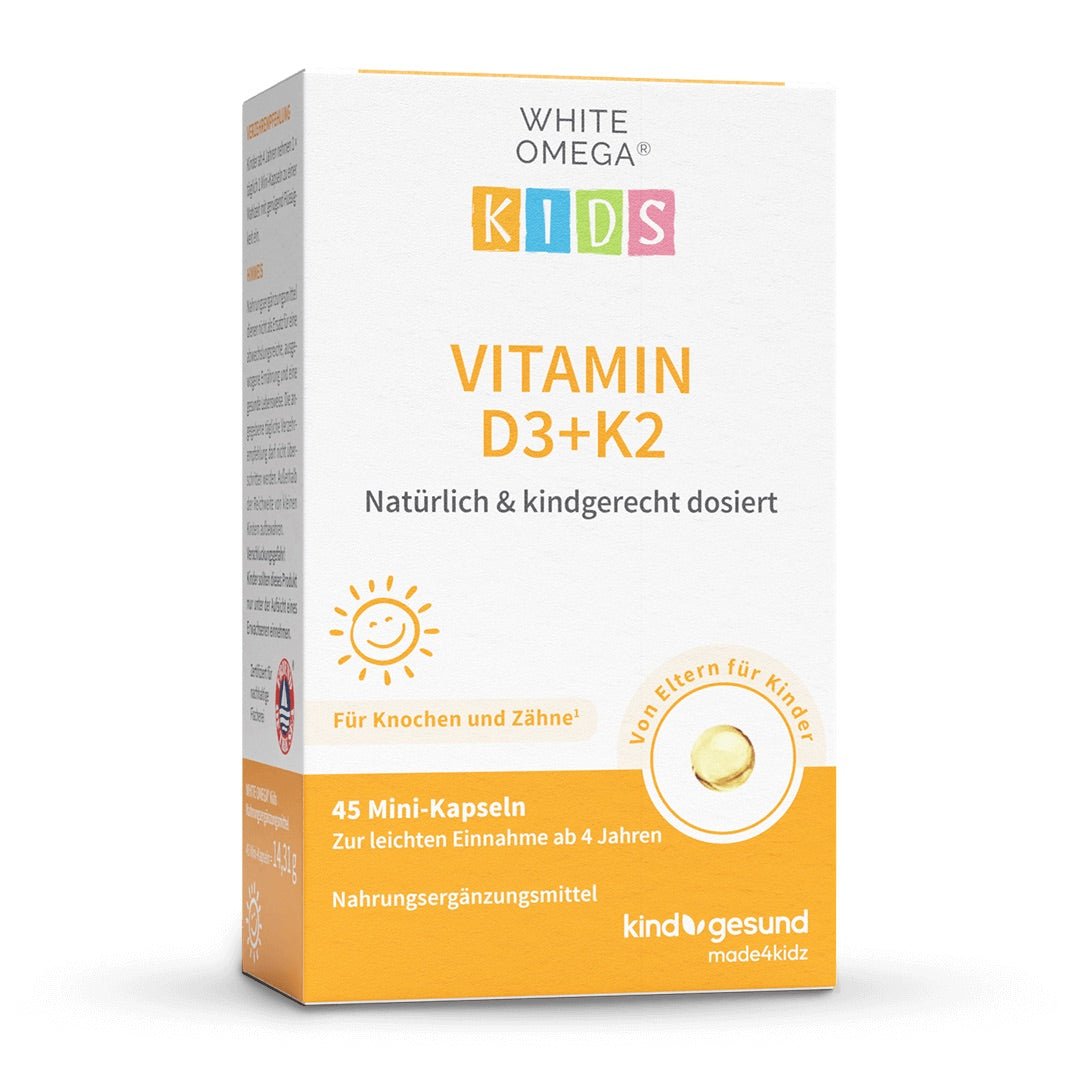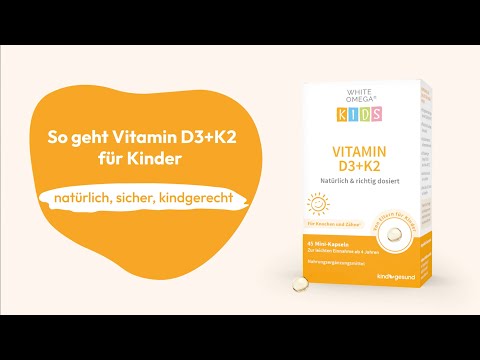As parents, we do everything we can to protect our children. We hold their hands when they cross the street, we remind them to do their homework, and we comfort them when they have had a bad day. But did you know that expired sunscreen poses a cancer risk for children?
How does sunscreen work?
Sunscreen plays an essential role in protecting our skin from the harmful effects of the sun's UV rays. Its effectiveness is based on the UV filters it contains, which are divided into two main groups: organic and inorganic filters.
Organic filters are made up of chemical compounds that absorb UV rays and release them in the form of heat energy. These filters penetrate the top layer of the skin and work there. Inorganic filters, also known as mineral or physical filters, are made up of microscopic particles such as titanium dioxide or zinc oxide. These filters work on the surface of the skin by reflecting and scattering the UV rays before they can penetrate the skin. In this way, they provide physical protection against the harmful effects of the sun's rays.
Why is expired sunscreen so dangerous?
A comprehensive study conducted by French microbiologists has revealed worrying findings about expired sunscreens: it has been found that these products can form potentially dangerous substances, especially when they contain the chemical filter octocrylene.
Under certain circumstances, octocrylene can chemically change and be converted into benzophenone. This molecule, which can be created in expired sunscreens, poses serious health risks. Benzophenone has been shown to cause rashes, inflammation and irritation, leading to significant discomfort and possibly even long-term damage. In addition, there are also worrying links between benzophenone and more serious conditions such as liver cancer and lymphoma. These serious health effects should not be underestimated.

Which sunscreen is good and what does coral-friendly mean?
To protect our children, we should avoid sunscreens with organic filters and use inorganic ones instead. Always pay attention to the best-before date of the cream and choose certified natural cosmetics that only use inorganic filters. You should also choose perfume- and fragrance-free products and make sure that they protect against UVA and UVB rays. Because our children deserve only the best.
In Hawaii, the organic chemical UV filters ethylhexyl methoxysilicate (octinoxate) and benzophenone-3 are banned because they are suspected of contributing to global and ocean warming and damaging coral reefs. As a result, many manufacturers advertise their products as "coral-friendly" in accordance with the Hawaiian Reef Act.
How long does sunscreen last?
Many sunscreen tubes have a specific expiration date. However, this only applies to unopened tubes. Cosmetics always have a bottle symbol on them. This indicates how long the opened product can be used safely. The M behind the number stands for month - 6M means six months. It is a good idea to write on the tube with a marker when the sunscreen was opened. To be on the safe side, you should dispose of the sunscreen at the end of the season. Even if the pack is not completely used up or the manufacturer states that it can be used for longer. Also do the smell and consistency test: if the cream has an unpleasant smell or changes color or consistency, you should dispose of it as a precaution.
How can you protect your children's skin from the sun?
The best way to protect yourself from the sun is to avoid direct sunlight. There are several simple and effective ways to do this.
- Avoid the midday sun: The sun's rays are strongest between 10 a.m. and 4 p.m. Try to find shady spots during this time. WARNING! There is also a risk of sunburn in the shade - you must protect your children there too!
- Sun-protective clothing: Long sleeves, pants and wide-brimmed hats can help reduce sun exposure. There is even special UV-protective clothing for children. However, make sure your children don't overheat and that they drink enough water!
- Sunscreen: A waterproof sunscreen with a high sun protection factor (at least 30, preferably 50+) is essential. It should protect against both UVA and UVB rays and should be reapplied every two hours, as well as after bathing or sweating.
Conclusion
While the sun provides us with vital vitamin D, its radiation can also cause significant skin damage. Children's skin in particular is very sensitive and therefore needs more protection. Always pay attention to the best-before date of your sunscreen, write the date on the tube when opening it and dispose of it at the end of the sun season to be on the safe side.
Sources:
- (1) American Academy of Dermatology: Sunscreen FAQs, https://www.aad.org/public [06/26/2023].
- (2) Mayo Clinic: Does sunscreen expire?, https://www.mayoclinic.org/healthy-lifestyle/adult-health/expert-answers/sunscreen-expire/faq-20057957 [06/26/2023].
- (3) Cancer Council Australia: Sun protection, https://www.cancer.org.au/cancer-information/causes-and-prevention/sun-safety [06/26/2023].
- (4) World Health Organization: Sun protection, https://www.who.int/news-room/questions-and-answers/item/radiation-sun-protection [June 26, 2023].
- (5) CA Downs, Joseph C. DiNardo, Didier Stien, Alice MS Rodrigues, and Philippe Lebaron: Benzophenone Accumulates over Time from the Degradation of Octocrylene in Commercial Sunscreen Products. Chemical Research in Toxicology 2021 34 (4), 1046-1054 DOI: 10.1021/acs.chemrestox.0c0046.
- (6) Consumer Advice Center: Sunscreen: What you should pay attention to, https://www.verbraucherzentrale.de/wissen/umwelt-haushalt/produkte/sonnencreme-worauf-sie-achten-sollten-13710 [26.06.2023].


